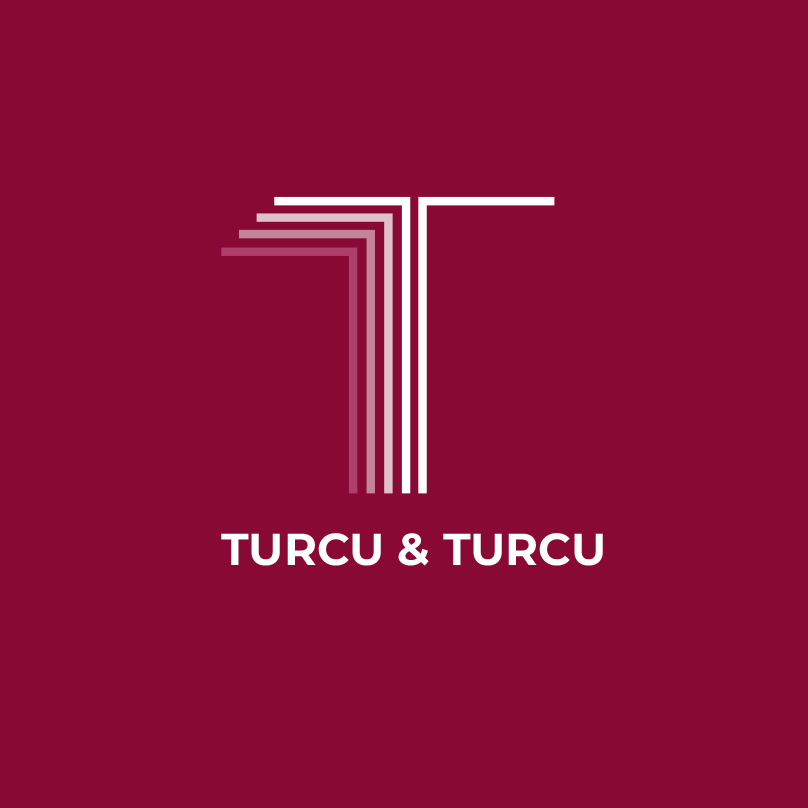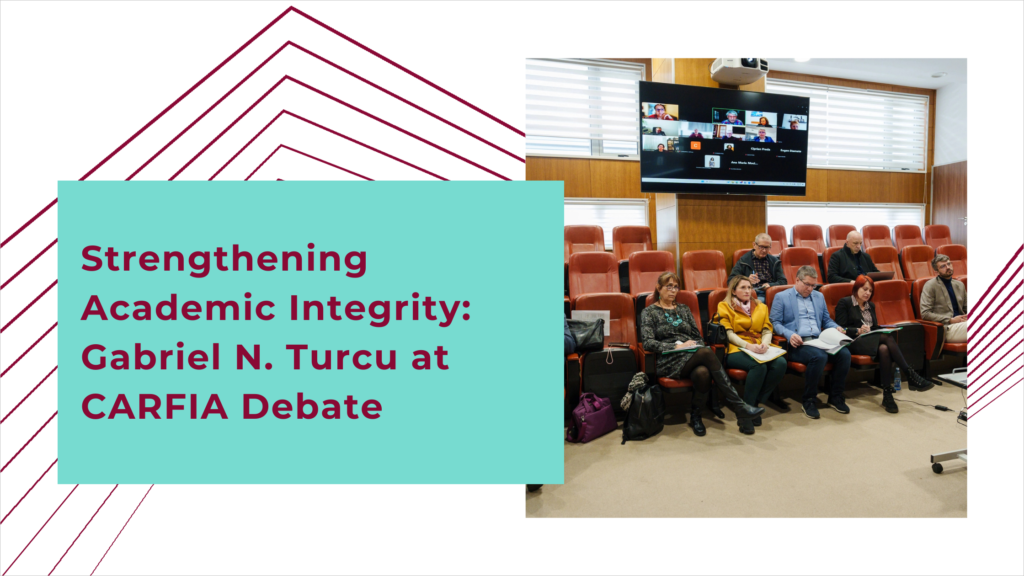As education and research evolve, so do the challenges surrounding ethics and academic integrity. In an era where knowledge is more accessible than ever, intellectual property protection and ethical academic practices must be reinforced through clear regulations and preventive measures.
This was the focus of the CARFIA debate, held at the Rectorate of the University of Bucharest, with support from the Ministry of Education – Romania. The event brought together ethics professors, university ethics committees, academic leaders and government officials, including the Minister of Education, to address one of the most pressing issues in higher education: ensuring ethical academic conduct and preventing intellectual property violations.
The Role of Ethics in Education
One of the key topics discussed was the introduction of mandatory ethics courses at all levels—bachelor’s, master’s and PhD. These courses would play a preventive role in reducing intellectual property theft, plagiarism and academic fraud. By embedding ethical principles into the academic curriculum, universities can foster a culture of responsibility and transparency among students and researchers.
Redefining Plagiarism in the Legal Framework
A particularly crucial legal aspect raised during the debate was the current definition of plagiarism in Romanian legislation. Gabriel N. Turcu, a specialist in intellectual property law and Managing Partner at Turcu & Turcu, emphasized the need for a clearer, more comprehensive legal framework that covers all forms of intellectual misappropriation.
Existing laws often fail to address the complexities of modern plagiarism, especially in the digital era. Whether intentional or not, unauthorized use of intellectual work, from academic papers to digital content, undermines innovation and damages the credibility of the education system. A revised legal definition would provide better protection for original research and reinforce accountability within academic institutions.
Collaboration for a Transparent and Ethical Academic System
The exchange of ideas at the debate highlighted the importance of collaboration between legal experts, policymakers and academic professionals. Ensuring academic integrity is not just about punitive measures, but about education, prevention and strong legal support.
By aligning legal frameworks with academic policies, universities can create an environment where originality and integrity thrive. Such efforts will not only safeguard intellectual property but also strengthen Romania’s position as a leader in academic excellence.
For expert legal guidance on intellectual property and academic integrity, contact Turcu & Turcu.

